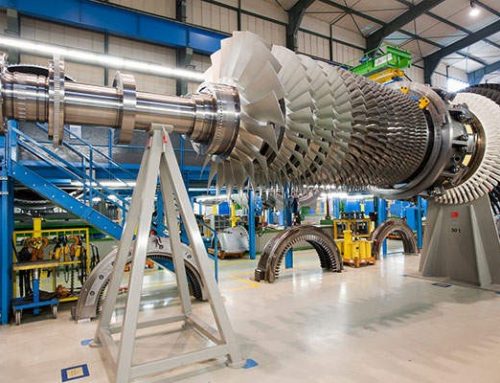Project Description
This course provides non- engineers and other professionals with an introduction into the core subject areas of electromechanical engineering. Engineering as a profession is becoming increasingly multi-disciplinary, and is also combining with other professions. People can find themselves working with electrical/mechanical engineers, without understanding the technical language or the key engineering principles.
This course covers a broad range of electrical and mechanical engineering subjects. The subjects are explained with examples of engineering applications, with a range of exercises to enhance understanding and support learning. Comprehensive references are provided for participants who would like to further their learning on any specific topic in further detail
Why attend
This course focuses on the traditional electrical and mechanical engineering subject areas. It covers design, statics (stationary objects), dynamics (things that move), fluids (gases and liquids) and other general subjects. The theory covers the terminology and the basic laws that underpin each topic. A better understanding of the precise use of terms can help improve communication with mechanical engineers, and participation in mechanical engineering projects. For example, we discuss the difference between ‘gauge’ and ‘absolute’ pressure, and why that matters.
As far as concern the electrical engineering the course focuses on basic electrical design concepts that will meet the demands of industrial and commercial design, construction, and maintenance. In addition to familiarizing participants with basic electrical circuits and circuit parameters, the course provides a general understanding of the methods used to design low voltage power distribution systems (600 volts or less).
.
Course Objectives
By the end of the course, participants will be able to:
Explain the main subject areas of mechanical engineering
Recognize the key terminology and the fundamental laws
Clarify communications with mechanical engineers.
Analyze engineering problems better
Participate more effectively in mechanical engineering projects
Understand and apply electrical code requirements
Design electrical systems in compliance with the code
Broaden your knowledge of electrical equipment, wire and cable applications
Relate electrical code to grounding and bonding requirements
Determine the code requirements for motor applications, substations, and high voltage lines
Who should attend
This course is designed for professionals who work alongside electrical and mechanical engineers or in organizations where electrical and mechanical engineering is an important part of their business. It is also beneficial for those who wish to broaden their knowledge base and gain a practical insight into the subject
Course Outline
Design
Mechanical engineering design ● Standards ● Technical drawing ● Tolerances ● Fits ● Mechanical components
Statics
Properties of engineering materials ● Solid Mechanics ● Forces o Newton’s Laws of Motion ● Equilibrium ● Stress ● Strength ● Strain
Dynamics
Types of motion ● Energy o Friction ● Lubrication ● Bearings ●Shafts ●Fatigue ● Vibration
Fluids
Fluid mechanics ● Gases o Perfect gas law ● Liquids ● Buoyancy● Viscosity ● Aerodynamics ● Thermodynamics
Fundamentals for Electrical Engineering
Voltage, EMF and current • Resistance, capacitance and inductance • Impedance and AC voltage and current
Basic Concepts, Principles, Laws
Ohms Law • Kirchhoff’s Voltage Law
• Kirchhoff’s Current Law
DC versus AC, Power, DC and AC
Three Phase Transformers
Introductions to Motors
Service Factor • Voltage Regulation
• Calculation of synchronous speed of
Motors • Motor slip • Torque vs. power
• Torque and line current calculation
Elemental Building Blocks of Electronics
Diodes • Transistors
Electrical Power and Control Equipment
MCC • Motor Starters • PLC’s, VFD’s, SMC’s, and more
The workshop
This interactive training course includes the following training methodologies as presented on the next column based on percentage of the total tuition hours:
Lectures
Workshops & Work presentation
Case Studies & Practical Exercises
Videos, Sofware & General Discussion
The course instructor may modify the above training methodology before or during the course for technical reasons with no prior notice to participants.
Falcon Consulting Professionals is established in Greece for the last 15 years in the areas of technical consulting and professional training for the local industries. Falcon is expanding in GCC, aiming to provide the best consulting and training solutions to the industries of the region. Falcon’s instructors are accredited trainers and highly experienced in their fields, as well as adult training. We aspire to build our business relationships on mutual trust. The achievement of results with an emphasis on innovation and sustainability, quality, cost analysis and time scheduling are non-negotiable from the conceptual phase of the training.







